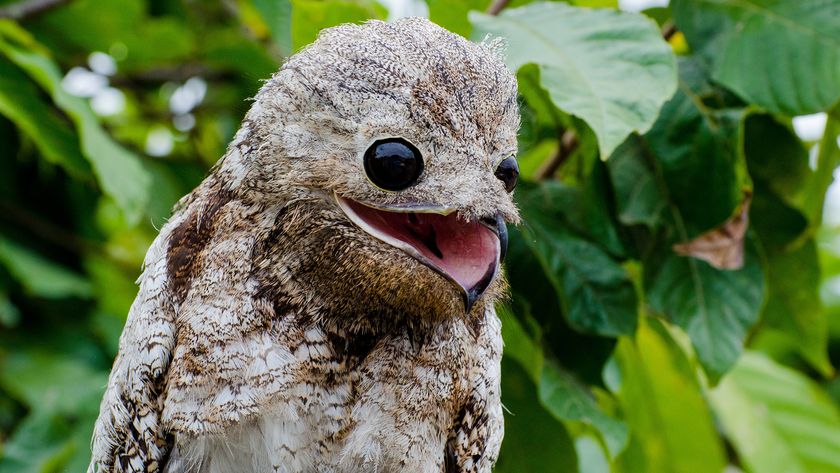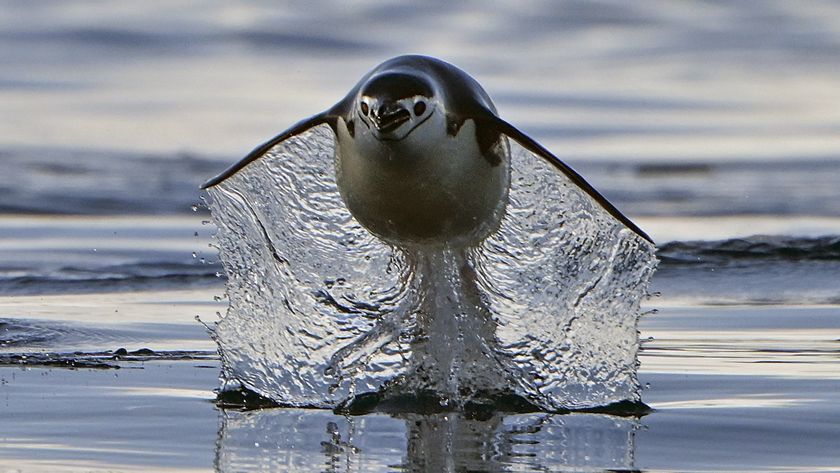Bird Butts Shed Excess Heat

Dogs pant to cool off, and people cool down by sweating all over.
Now scientists find birds can shed heat with their rear ends. Mammals might employ the technique too, the lead researcher said.
Sweating and panting are standard animal adaptations for carrying heat away from bodies via water evaporation. Many birds shed heat by panting, and while they lack the sweat glands found in mammals, water can still leak out their skin and evaporate.
Still another way birds could shed heat, physiologist Ty Hoffman at Arizona State University and his colleagues surmised, was via the cloaca, the opening that serves as the common termination point of the intestinal, urinary and often genital tracts of amphibians, reptiles, birds, marsupials and egg-laying mammals known as monotremes. In 2004, animal physiologist Dale DeNardo with Hoffman and his team reported Gila monsters could cool themselves by as much as about 5 degrees F (3 degrees C) using their cloacae.
Hoffman and his colleagues looked at Inca doves, birds found in arid and semiarid habitats.
Each bird was placed in a glass chamber divided into two sections by a latex sheet with a hole for the bird's head to poke through. The top compartment caught water that was shed through the bird's mouth, while the bottom captured water lost through the skin and cloaca. To measure water lost through the birds' skins only, the researchers sealed the birds' cloacae with glue. (The glue was immediately dissolved after experiments.)
At very high temperatures, unsealed birds experienced higher water loss rates than sealed birds, suggesting the doves were evaporating water through cloacae to shed heat. At about 108 degrees Fahrenheit, evaporation from the cloaca accounted for almost a quarter of the heat lost by evaporation, nearly equaling evaporation via panting.
Sign up for the Live Science daily newsletter now
Get the world’s most fascinating discoveries delivered straight to your inbox.
Future research can focus on how commonplace this behavior is among birds. "Perhaps mammals employ anal evaporation," Hoffman said.
Hoffman, DeNardo and their colleague ecological physiologist Glenn Walsberg reported their findings online Feb. 12 via the Journal of Experimental Biology.
- Do Pigs Sweat?
- Amazing Animal Abilities
- The Sweatiest Cities in America
- Images: Rare and Exotic Birds
- All About Birds












